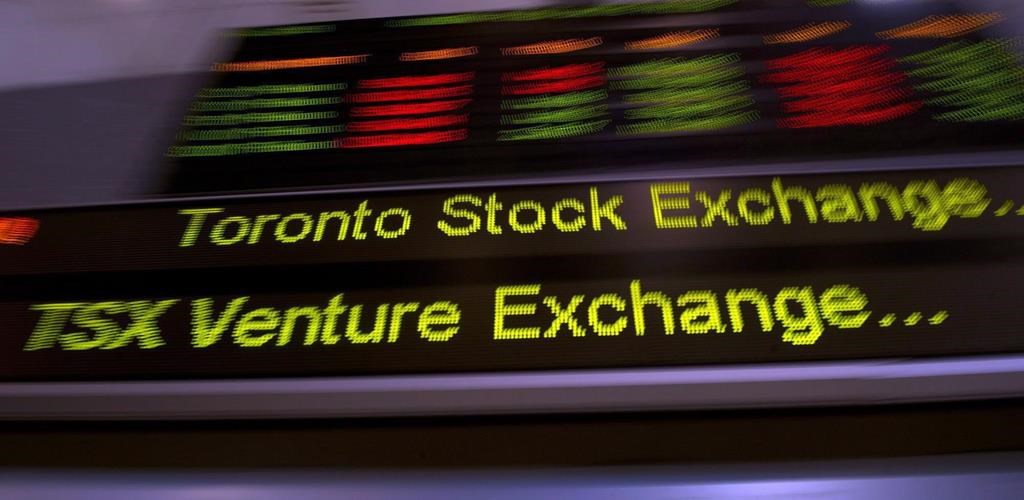Trading abruptly ended Thursday afternoon on the Toronto Stock Exchange and several other TMX Group Ltd. markets after the company suspended the exchanges due to what it says were technical issues.

The trading halts, which came more than two hours before the scheduled close of markets, came amid another day of volatility and sharp losses on fears of the novel coronavirus’s effect on global economic growth.
The TSX fell as much as 585 points and was down 325 points, or 1.9 per cent, when it was halted, while the Dow Jones industrial average and the S&P 500 index both closed down 4.42 per cent after a late-day plunge.
The company said it halted the markets because clients were unable to enter, modify or cancel open orders on TSX, TSXV and Alpha exchanges, and it had also halted its derivatives-focused Montreal Exchange.
“We apologize for the inconvenience,” the company said in a statement. “Due to the nature of the issue, TMX was unable to engage disaster recovery systems in time to ensure an orderly market re-open and closing session.”
The company said the interruption was caused by a system capacity issue within the messaging technology component of TMX’s trading engine.

Get weekly money news
TMX said it has taken measures to mitigate the risk of recurrence, including significantly increasing the capacity of this component.

“TMX confirms that this incident was not the result of a cybersecurity attack,” the company said in a release. “TMX also confirms that all systems are ready for the start of business on Friday.”
The halts came shortly before 2 p.m. and TMX confirmed at 3:17 p.m. that they would remain closed for the day. It has not yet said when the exchanges will reopen.
“It’s very disappointing,” said Martin Pelletier, managing director and portfolio manager at Wellington-Altus Private Counsel Inc. “You’re looking at what’s happening in the U.S., and not being able to do anything in Canada.”
Pelletier said he still had access to alternative markets like the NEO Exchange in Toronto, but they don’t have the same liquidity.
“Alternative markets were open, but it makes it very difficult for the average investor to rebalance, or even their adviser to work within their existing portfolio.’
Laura Lau, chief investment officer at Brompton Funds, said the glitch wasn’t great for Canada’s image.
“It’s not good for our reputation, certainly a black eye.”

She said the TSX would likely catch up to what Canadian stocks were trading at on the alternative markets when trading resumes, but those who wanted to sell Thursday were out of luck.
“When markets close for a holiday, they tend to catch up the next day. It’s more of an issue if you wanted to say, sell for cash, and you were going to do it in the last two hours of the day.”
The last time TMX closed the TSX early was on April 27, 2018, due to internal technical issues, and reopened the market on the next trading day.
The 2018 incident was caused by a hardware failure in a central storage appliance of the trading system, the company said.
At the time, then company CEO Lou Eccleston said the company was committed to applying the lessons learned from this incident to help it prevent such issues from recurring in the future.







Comments
Want to discuss? Please read our Commenting Policy first.